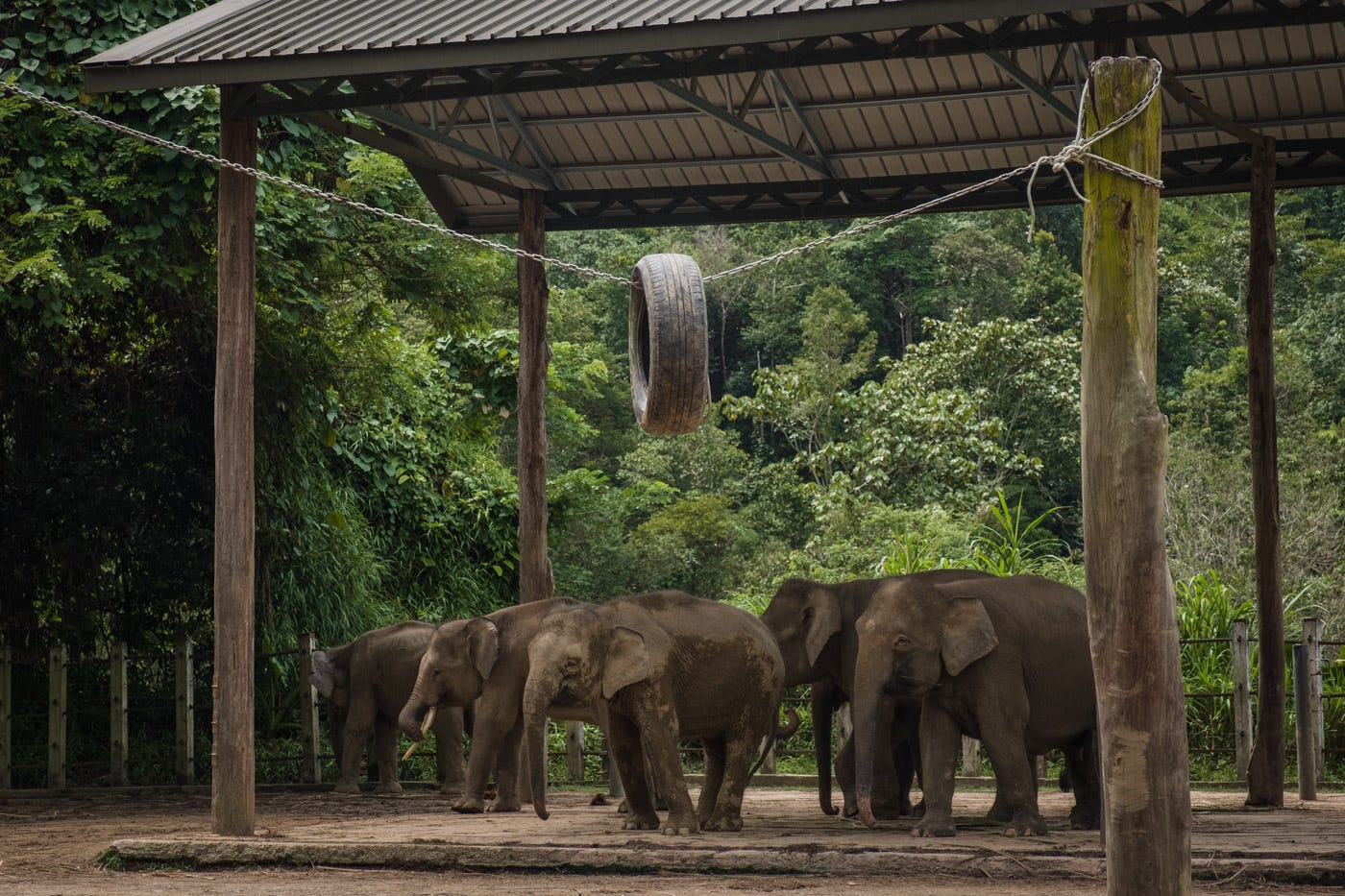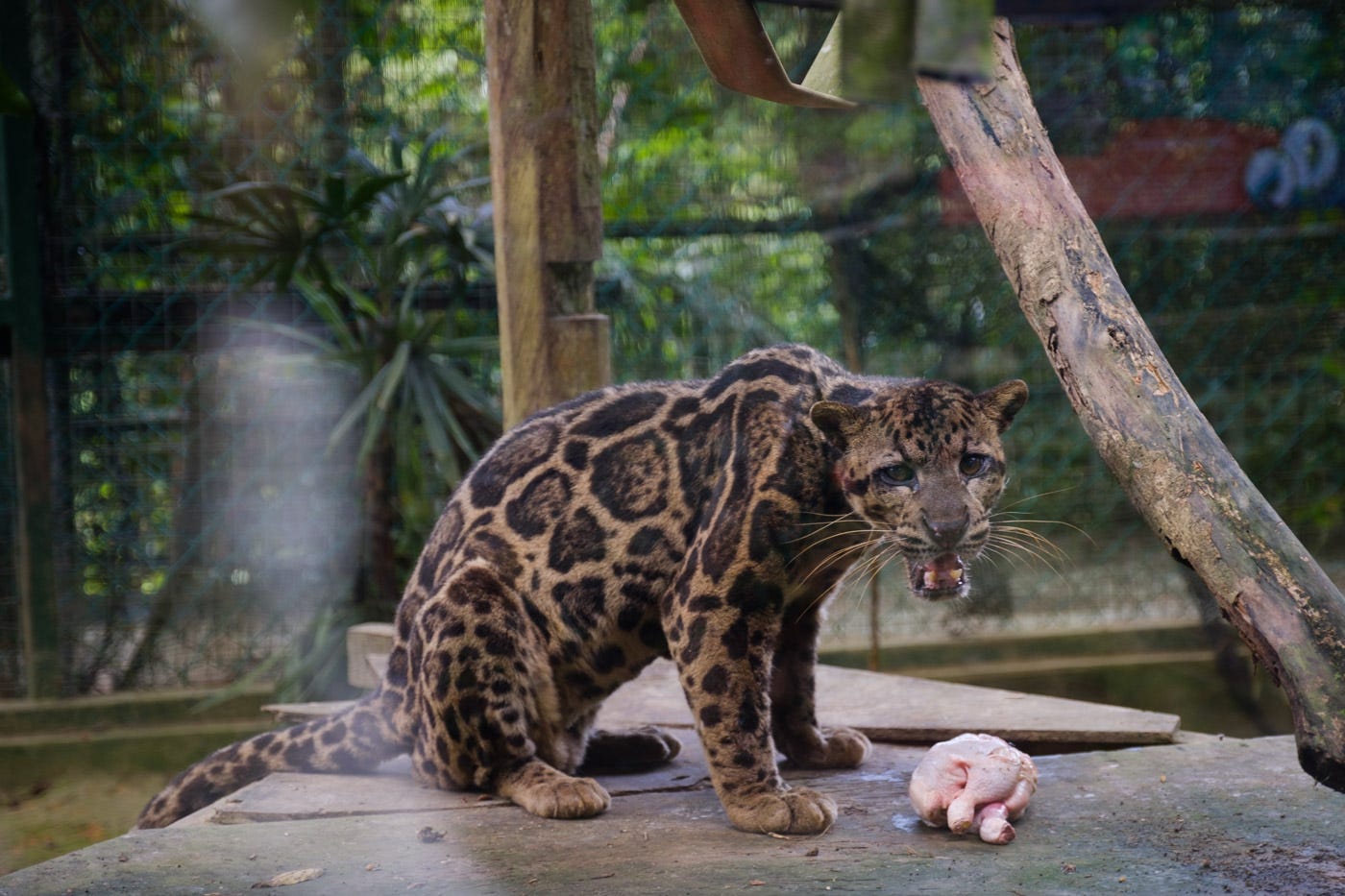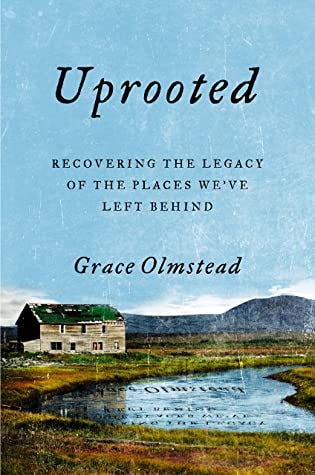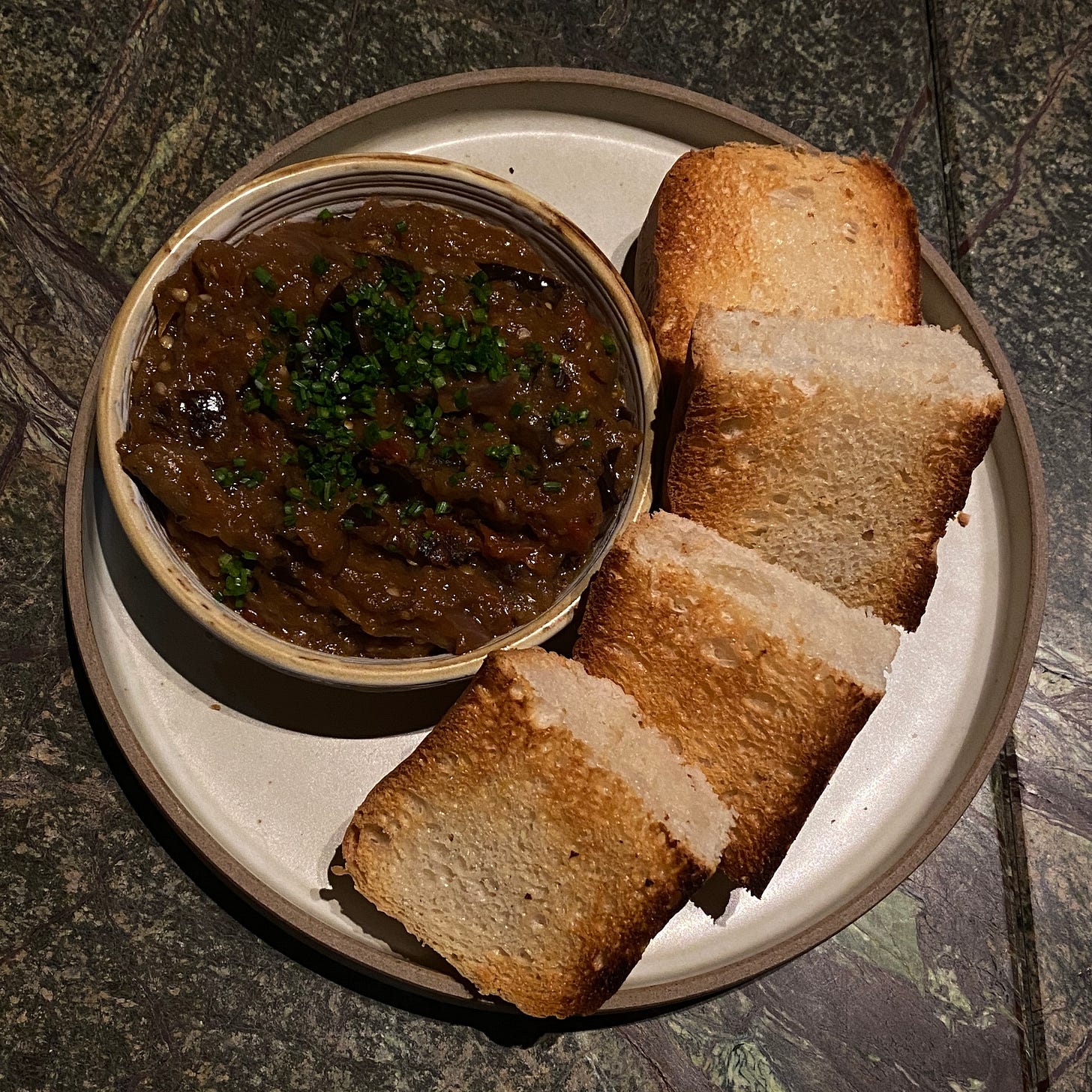Landmarkings #15
A roving round-up of essays, journalism, and fiction about how we see the world and tell its stories.
The way she departed: standing on the ferry moving away from him over the water toward the city of Naples, looking at him where he stood. She was half-smiling in a way that he felt was meant to convey something—sorrow, hope, reproach?—but he couldn’t bear it and so he turned away almost immediately, while her features and her half-smile were still clearly visible and the boat still out in the water, and later he recognised this as the moment when the cord had finally snapped between them.
He found himself repeating the motion at intervals in the weeks that followed, trying to recapture the clarity of that moment at the ferry terminal. Standing on the road near Sant’Angelo and looking out at the sea, for example, he would turn very slowly and deliberately away from the sunset, and he was invariably disappointed by the lack of finality in the movement.
—from The Singer’s Gun by Emily St. John Mandel
If you’ve been wondering why Malaysians have been proudly posting selfies of their purple index finger, it’s because we voted in our fifteenth general elections on November 19. The “indelible ink”—indeed, it hasn’t washed off; not that I’ve tried particularly hard to—is meant to prevent cheating by double-voting or identity theft. But we don’t actually vote with our inked fingers; we use a pen to cross the box next to our preferred candidate’s name like, I think, most of you in other countries.
Since then, it has been, and continues to be, a nail-biting time for Malaysians as the powers that be try to broker an arrangement to decide who will lead the country in the next few years. This is because our votes have resulted in a hung parliament for the first time in our country’s history, where no single political coalition garnered enough votes for a simple majority.
The largest two blocs—Pakatan Harapan (led by Anwar Ibrahim) and Perikatan Nasional (led by Muhyiddin Yassin)—have tried to rally the other coalitions and parties to their side. But that has failed, with Barisan Nasional (the third largest bloc and the coalition that has governed Malaysia for most of its existence) refusing, ultimately, to be the kingmakers. As I write, Anwar and Muhyiddin have both been summoned before the King, as he has the constitutional power to appoint a Prime Minister who, in his judgment, is likely to command the confidence of the majority of the members of parliament. Beyond that, I’ll refrain from speculating. We are all waiting with bated breath to see what will happen.
Meanwhile, I took a break from stress-eating and stress-scrolling on Twitter to send you this. Pictures are from a work trip to Sabah, Malaysian Borneo, during which I also dropped in on Lok Kawi Wildlife Park in Kota Kinabalu, thinking I might see Baby Joe again, whom I wrote about for a story on human-elephant conflict a while ago. I couldn’t recognize him of course, but I did see an elephant with a truncated trunk, which may well be Bikang, a friend of Joe’s who was injured by a poacher’s snare, whom I also met back then. Coming to Lok Kawi as a tourist this time, however, it felt wrong to be a spectator to these animals’ captivity. Some of them were exhibiting highly repetitive behavior—elephants swaying continuously on the spot from side to side to side; the sun bears ambling to the door of their cage and then away, over and over and over. Perhaps I was looking at things wrong, but their behavior didn’t seem normal.
Anyway, once election fever dies down (or even if it doesn’t), I’ll have a couple more reporting trips to make before I settle in for the next couple of months to write all these stories. Until then, here’s another Landmarkings issue. Enjoy.
p.s. As I was about to send this out, some local news outlets reported that Anwar had been appointed as the interim P.M. Then, Anwar himself refuted it. In fact, no decision has been made, so it’s anyone’s guess what’s really happening. There’s been quite a few seeming U-turns over the past couple of days 😅
pp.ss. Ended up helping Washington Post with coverage on Anwar’s win.
Making sense of the world & our place in it
Sometimes I feel like I’ve thought and read enough about women traveling alone, but then I read At the Bend of the Road by Aube Ley Rescure, and remember that a good writer will always find a way to make you see or feel something new about a common shared experience. What stays with me from this piece is the way we tell ourselves that, of course, nothing will happen, everything will be fine, because it’s always been fine… or will it…?
Then B arrives, and there is no more time for Amazon deliveries. I thought I might feel relief, but instead I find myself on WikiHow: “How to Make Pepper Spray.” I eye the piri-piri hot sauce on my counter. No, that would be ridiculous. B and I eat at a little restaurant up a cobblestone street not far from the apartment. Before going to sleep, I ask B with feigned casualness whether she happens to have brought any weapons. B has always been so maternal, so well-prepared. “No,” she says, “but I have this Swiss Army knife.” It is the same small red tool she had used to cut up apple slices in our dorm when we were sixteen. “Okay,” I say, laughing uneasily, embarrassed again. “That will do.” That will do, I tell myself.
From Malaysia: One man’s lonely quest to save the world’s corals draws a following by Rebecca Tan:
For nearly four decades, the coral gardener worked alone. Twice daily, he went out to sea, staying underwater for as long as his oxygen supply allowed. He learned the shapes and textures of corals long before he knew their Latin names. He studied the conditions in which they thrived—the water temperature, the sun exposure, the diversity of marine life—and saw how the disruption of just one of those factors could bring about mass death. He dedicated himself to reviving the reefs, but for a long time, no one cared to join him. Locals whispered about the eccentric diving instructor who spent his off days in the water, who spoke to corals like they were people.
The Taliban wants to segregate women. So it’s training female doctors, by Claire Parker:
The Taliban effort to expand medical education for women, especially in fields traditionally dominated by men, contrasts with the government’s draconian restrictions on girls and women. Since taking power, the Taliban has barred many girls from secondary school and shut women out of most professions. This fall, authorities prohibited female university aspirants from enrolling in subjects including journalism, engineering and economics.
The educational restrictions seem certain to limit the number of women in the coming years who can train as doctors. Other Taliban policies, such as requirements in some areas that women only travel with male guardians, have hamstrung the efforts of female doctors to practice.
A Proud Nuclear Town Grapples With How to Remember the Bomb by Mike Baker:
These days, decades after a nuclear bomb destroyed Nagasaki, Japan, the engineers and scientists who enriched the radioactive material for it have a legacy. Diners at a brewpub in this company town can wash down a Reactor Core pizza with a Plutonium Porter. Nearby, when I visited recently, teenagers were mingling at the Atomic Bowl bowling alley. Across the way sits Richland High School, home of the Bombers, where flags, walls and the school basketball court feature a mushroom cloud.
“Proud of the cloud,” many students declare.
That boisterous civic pride has at times become a point of contention between those who see the city’s history-making heritage as one deserving of overt celebration and those who find the current motifs far too cavalier for commemorating an event that killed tens of thousands of people.
Do Yourself a Favor and Go Find a ‘Third Place’ by Allie Conti:
To me, the ideal hangout has a few components: spontaneity, purposelessness, and a willingness among all parties involved to go wherever the conversation leads them. This one met all the criteria. Two strangers took a chance on spending an hour with an outsider—a tiny woman of ambiguous age who is sometimes told she resembles the Disney character Spinelli—who was enticed by a simple sign. They had no reason to expect we would share common ground. But we managed to have a perfect, no-stakes interaction after two years in which many people haven’t taken a chance on anybody.

Something to shift your mind
There’s one big subject our leaders at Cop27 won’t touch, by George Monbiot:
Livestock is mentioned in only three agreements, and the only action each of them proposes is “management”. Nowhere is there a word about reduction. It’s as though nuclear non-proliferation negotiators had decided not to talk about bombs. You cannot address an issue if you will not discuss it. […]
Popular food writing is dominated by a disastrous combination of aesthetics and elite tastes. Famous authors propose that everyone eats the food that they like, promoting diets that couldn’t be scaled unless we had several planets and no space on any of them for wild ecosystems.
How we see the world & tell its stories
The Land in Winter by Madeleine Thien:
In Italo Calvino’s Invisible Cities, places are folded inside other places. Cities are not only what they appear to be, but also what they are subjected to: memory, history, desire, forgetfulness, dreams. The buildings, storehouses of emotion, are far more than mere edifices; they are the visible structures of the human condition. In Israel and Palestine, I thought often of Calvino’s seen and unseen places, where the horizontal and vertical axes of history and place bend into the space-time of memory and desire. Of cities, Calvino writes, ‘Everything imaginable can be dreamed, but even the most unexpected dream is a rebus that conceals a desire or, its reverse, a fear.’
Treading Water by Nazish Brohi:
So if moralizing is now misplaced in literature, what space is there to write about imperiled people, except to set them up as subjects for recreational grieving? And why should imperiled people be expected to display their pain for empty empathy that won’t translate into lifesaving action?
The Unbearable Denseness of Artist Statements by photographer Dina Litovsky (who is now on Substack since Facebook shut down Bulletin):
There is a uniquely generic way in which the art world speaks. Someone is always interrogating, exploring, exposing, inverting, subverting, reflecting or reimagining elements of—and duality is key here—space and non-space, the conscious and subconscious, hyper-reality and non-reality, object and non-object. There is almost always some kind of void, tension, psyche, abstraction, deconstruction, intersection, fragility, paradox and juxtaposition. None of these are particularly obscure concepts, but when strung together and peppered with an obscene number of adverbs and adjectives, their meaning dissolves into a puzzling illusion where the more I read, the less I seem to understand.
Something to sink into
But wealth is no longer built through allegiance to a community or a town; it is increasingly achieved in isolation by individuals and grown through rootlessness, not through loyalty. When we lose hope, we move on. When the prospect of future joy and prosperity abandon a place, we abandon it—if we can. That is how a modern, mobile society works. The wealthy and corporate success stories of our world are constantly jetting from coast to coast, country to country, time zone to time zones—and they encourage the rest of us to do the same. […] But the price of this mobility is paid by those who do not have the money, the opportunity, or the desire to leave: people like the members of this little farm town.
Joy is not a crumb
For a friend’s birthday recently, we went to Raw Kitchen Hall (it doesn’t actually serve raw food), a new restaurant in the earthily swanky Else Hotel, housed in the historic Lee Rubber Building in Kuala Lumpur’s Petaling Street neighborhood—which tourists know as “Chinatown”. Great food, great ambience, and a possible consideration for a staycation—though I didn’t look up how much it costs (also, I have actually never done one in my own city). You can also have a very decent vegan/vegetarian three-course here, though there’s not much of a range to pick from. Alas, I did not take any photos aside from the quite random one above.
And I leave you with…
A funnyman—Vidura Bandara Rajapaksa, Sri Lankan based in the U.K.—you might want to follow on Instagram. He parses the sore points of privilege and race really well 😂 and you can stream his show “Monsoon Season”. I’ve watched it and it’s worth shelling out for and supporting!
Until the next,
E.






